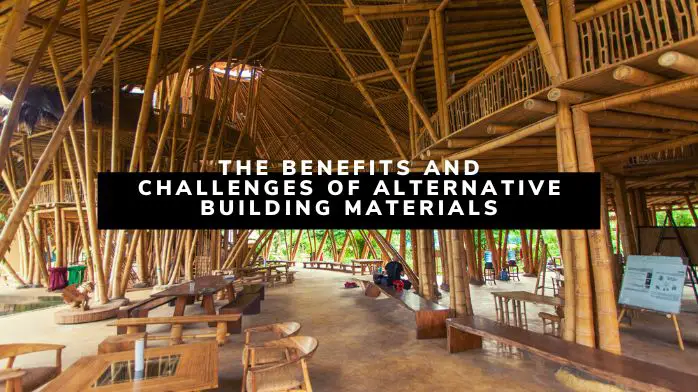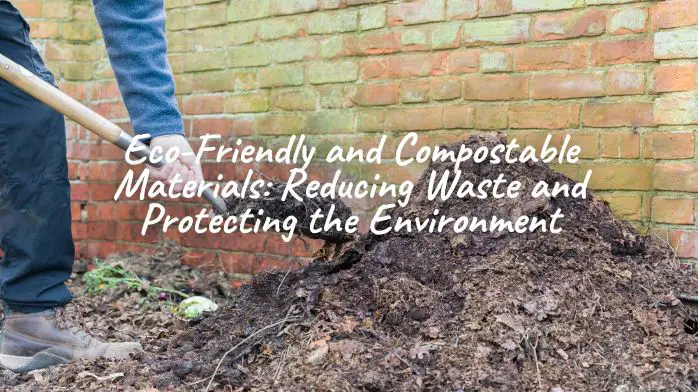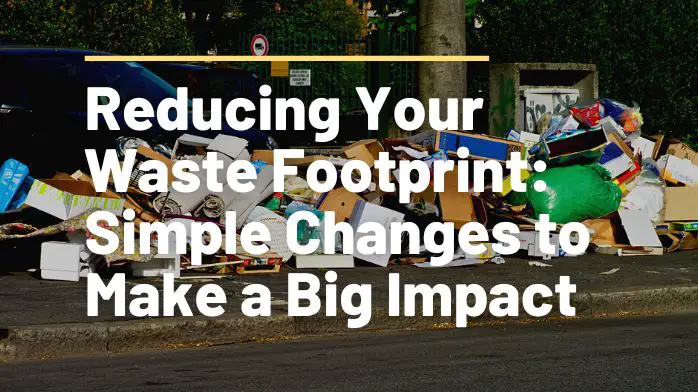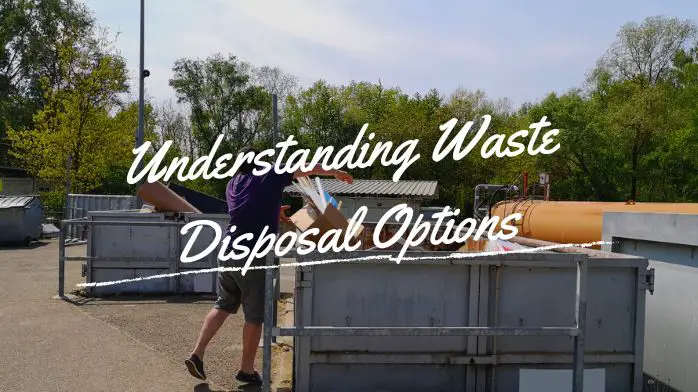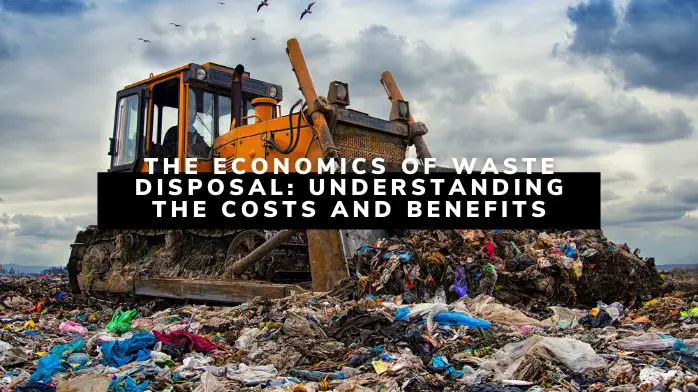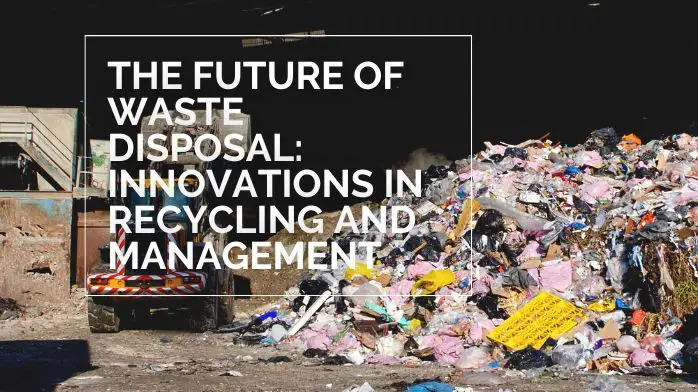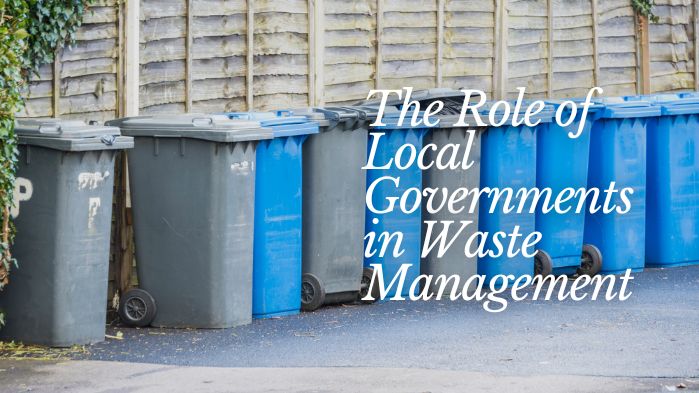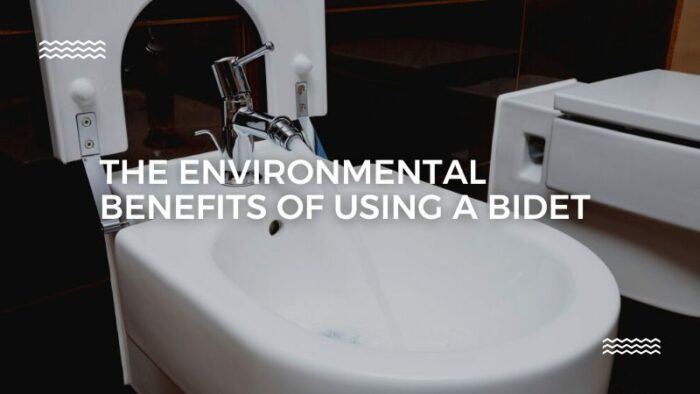The Benefits and Challenges of Alternative Building Materials
Many alternative building materials can be used in place of traditional materials like concrete, wood, and brick. Some examples include: Bamboo: Bamboo is a strong and durable material used for flooring, framing, and decorative elements in buildings. Recycled plastic: Recycled plastic can be used to create a variety of building materials, including decking, siding, and …
The Benefits and Challenges of Alternative Building Materials Read More »

